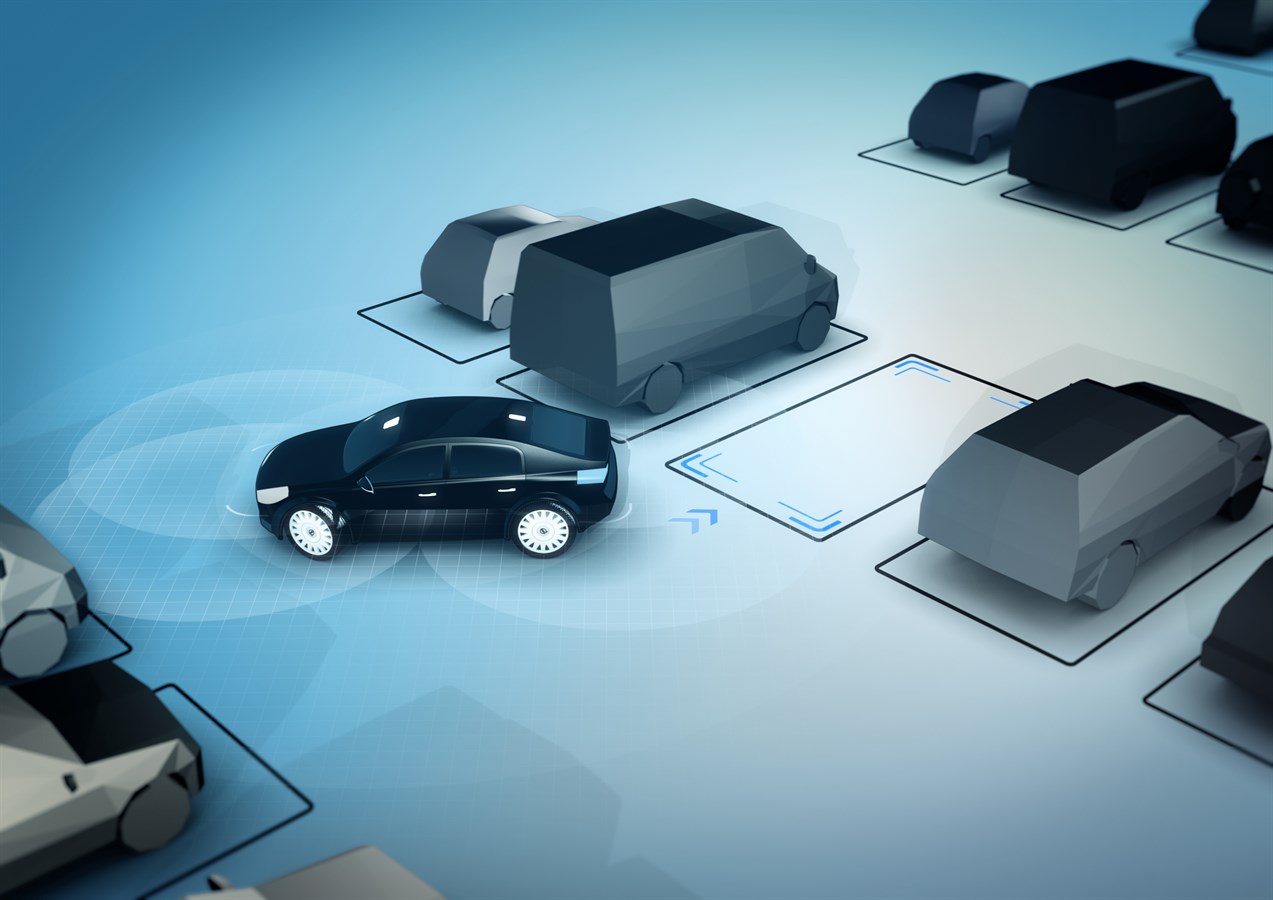Autonomous driving has become one of the main use cases in which 6G is expected to play fundamental roles to enable more accuracy and reliability. While the next generation of networks is still being crafted, industry experts are already discussing what challenges lie ahead for autonomous cars.
“As we move more and more towards autonomous driving, the infrastructure especially can be one of the first enablers to do so. Autonomous driving requires a lot of data and processing to cover all the use cases,” said Stefan Buerkle, SVP at Bosch, during a CES 2021 panel. According to him, more than just easing people’s lives, such technologies promise to optimise how governments and cities utilise their resources.
A simple example is decreasing traffic generated by cars looking for parking slots by automating the parking process, a pilot project that Bosch has tested in Detroit. According to Carla Bailo, President and CEO of the Center for Automotive Research, driving around in search of a place to park accounts for about 20 per cent of congestions.
She added that the behaviour revolution caused by the COVID-19 pandemic will certainly accelerate the smart use of urban spaces, and autonomous driving is going to be a crucial tool to facilitate that.
“When we look at what happens in the cities today, COVID-19 is still there and will change commuting patterns probably permanently. It opens a whole cluster of opportunities for cities to use their space differently,” she said.
Let’s be honest
Even though companies are already developing autonomous technologies, the experts agree that much of the publicity around the capabilities of a self-driving vehicle should be more transparent about its limits – a complaint that has often accompanied 5G and, to a degree, now 6G.
“We have to remember that trust is earned,” Bailo remarked. “You can’t just tell a person ‘you will be safe’. One way to earn that is providing the customer with something they have not realised would delight them, to make their lives easier. [The second is] they have to experience it and understand how it is keeping them safe. It is going to take time,” she commented.
From a marketing perspective, honesty will be a key element for the industry to earn consumers’ trust. “I believe it is about explaining to customers what autonomous cars can do and what they can’t yet do. You really need to be transparent because there are a lot of responsibilities involved,” added Christiane Zorn, Head of Product Marketing at Audi.
Another facet of transparency in automated cars comes from the use of data and the regulation around it. Andrew Poliak, Chief Technology Officer at Panasonic Automotive, has seen more talk about legislation recently.
“Some states [in the US] are increasingly talking about how you can use cameras for certain purposes. For example, you may want to know where the driver’s eyes position is to perfectly paint augmented reality with high fidelity. And that concern about data privacy is not just in the US, it is throughout the world.”







